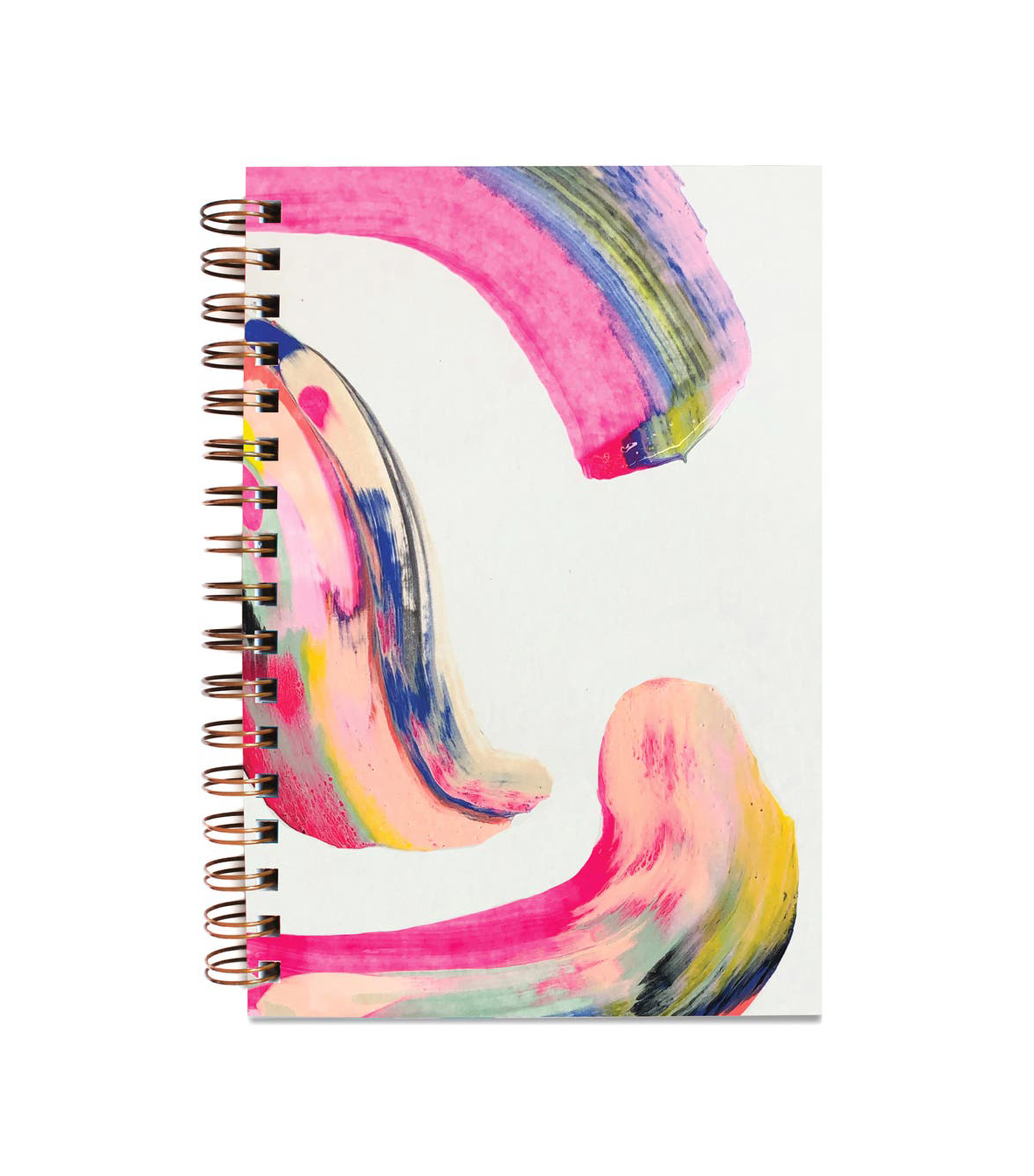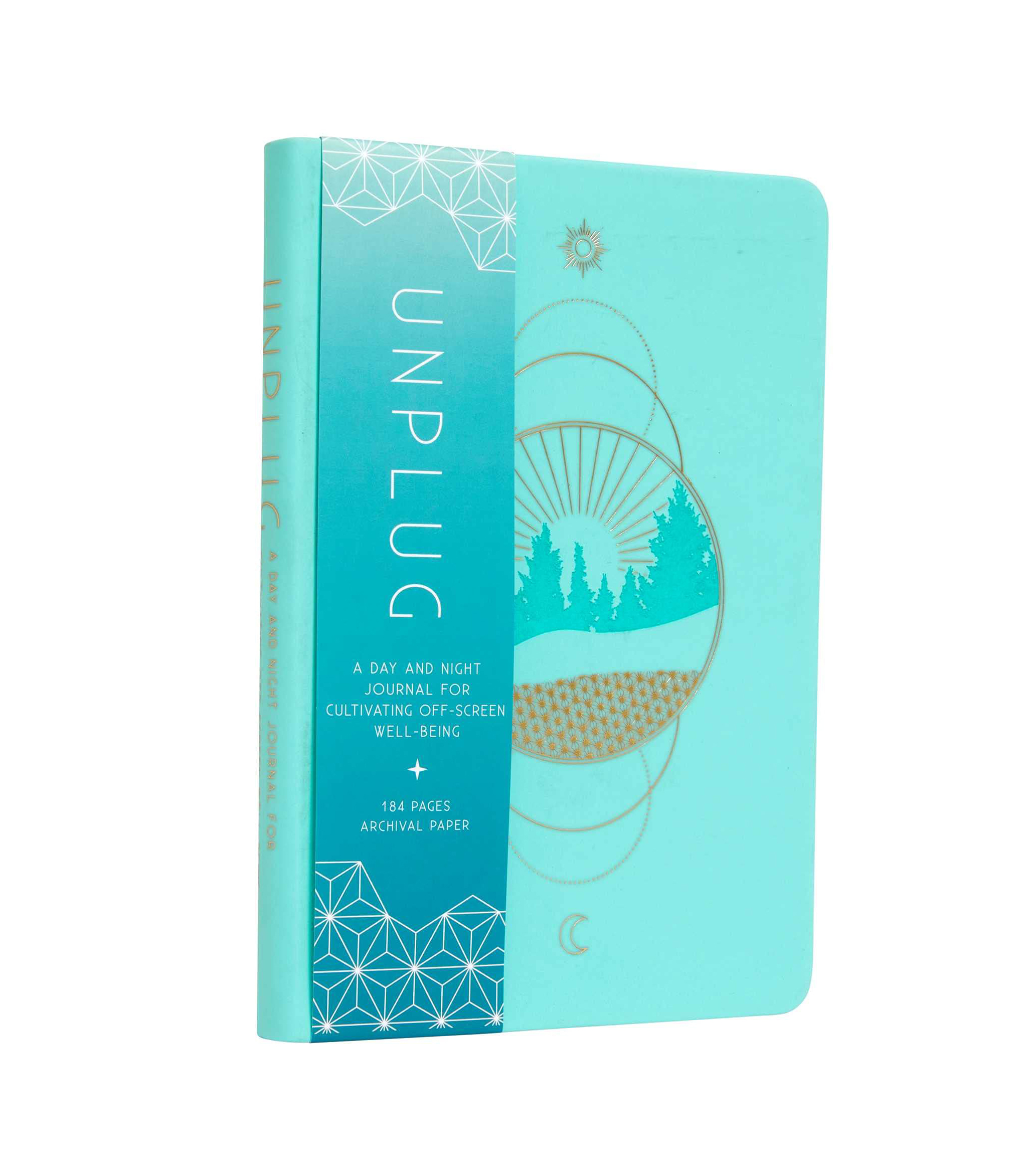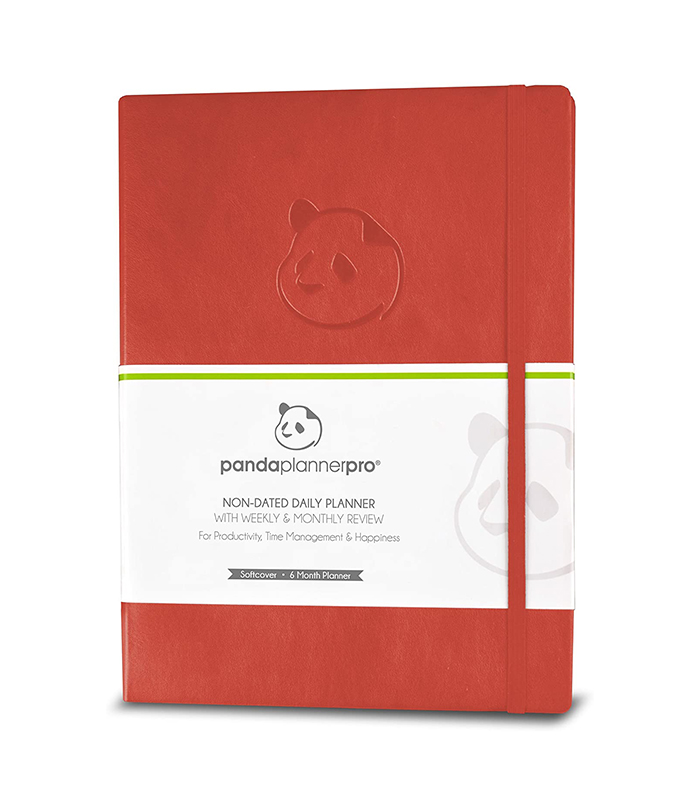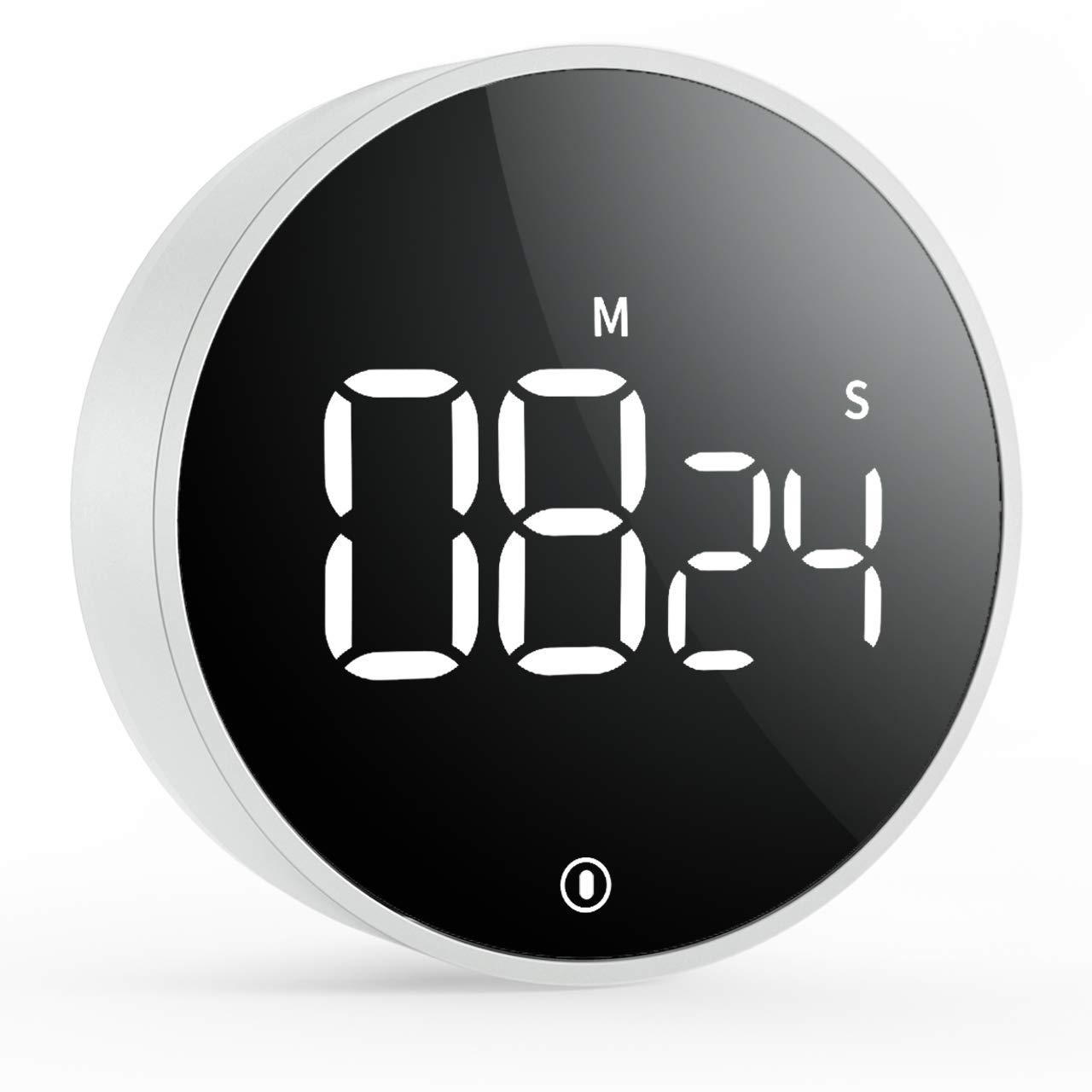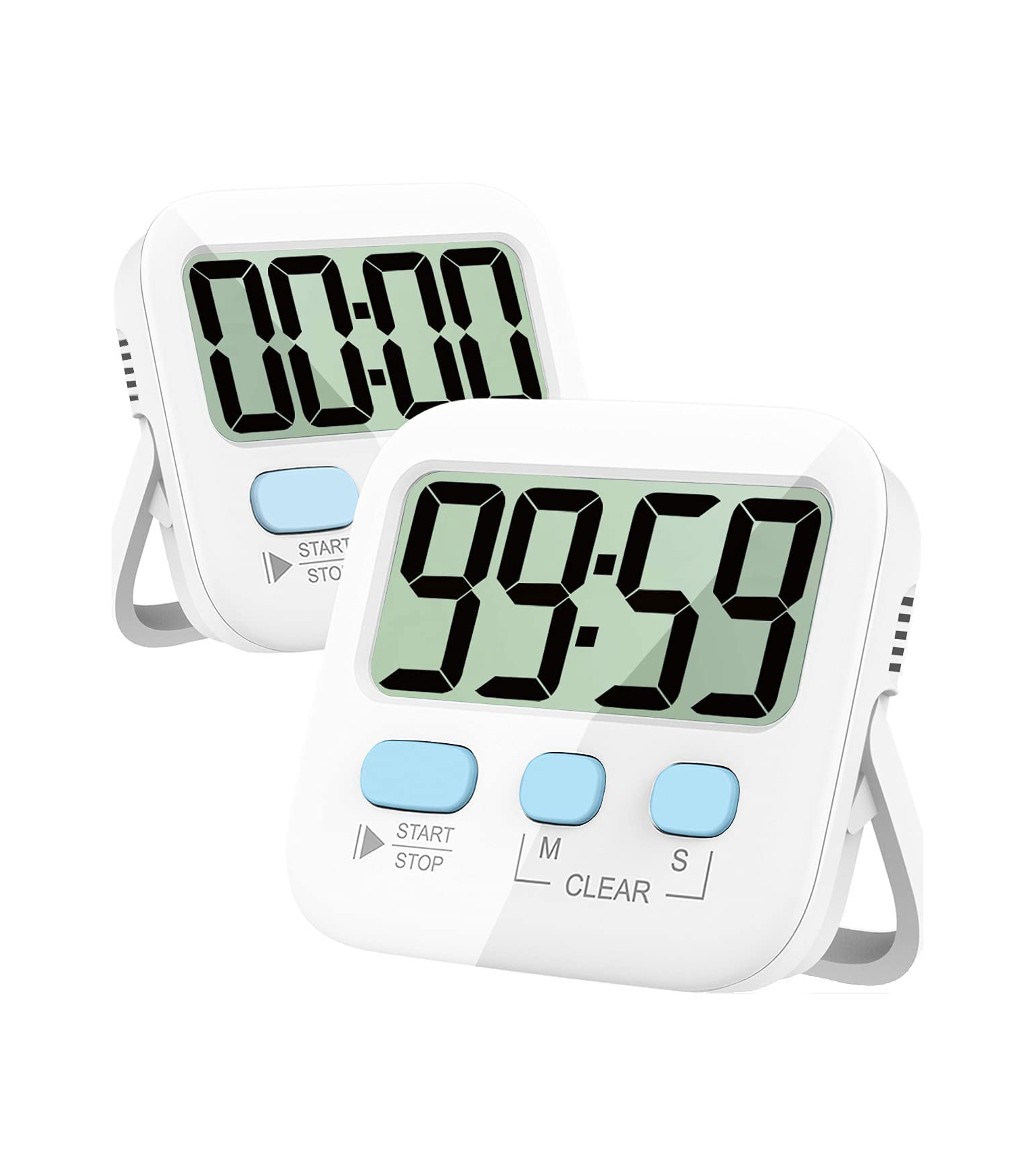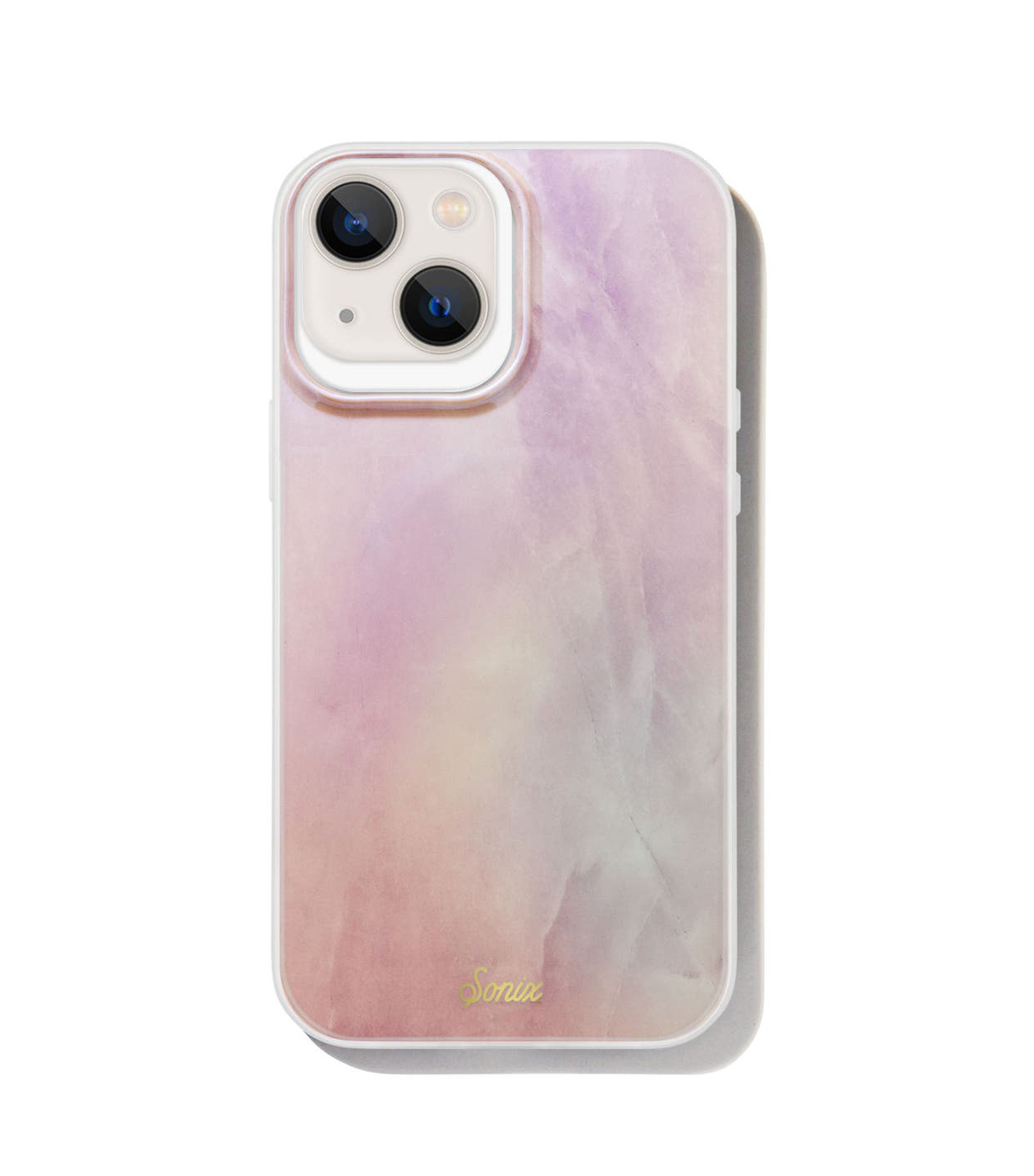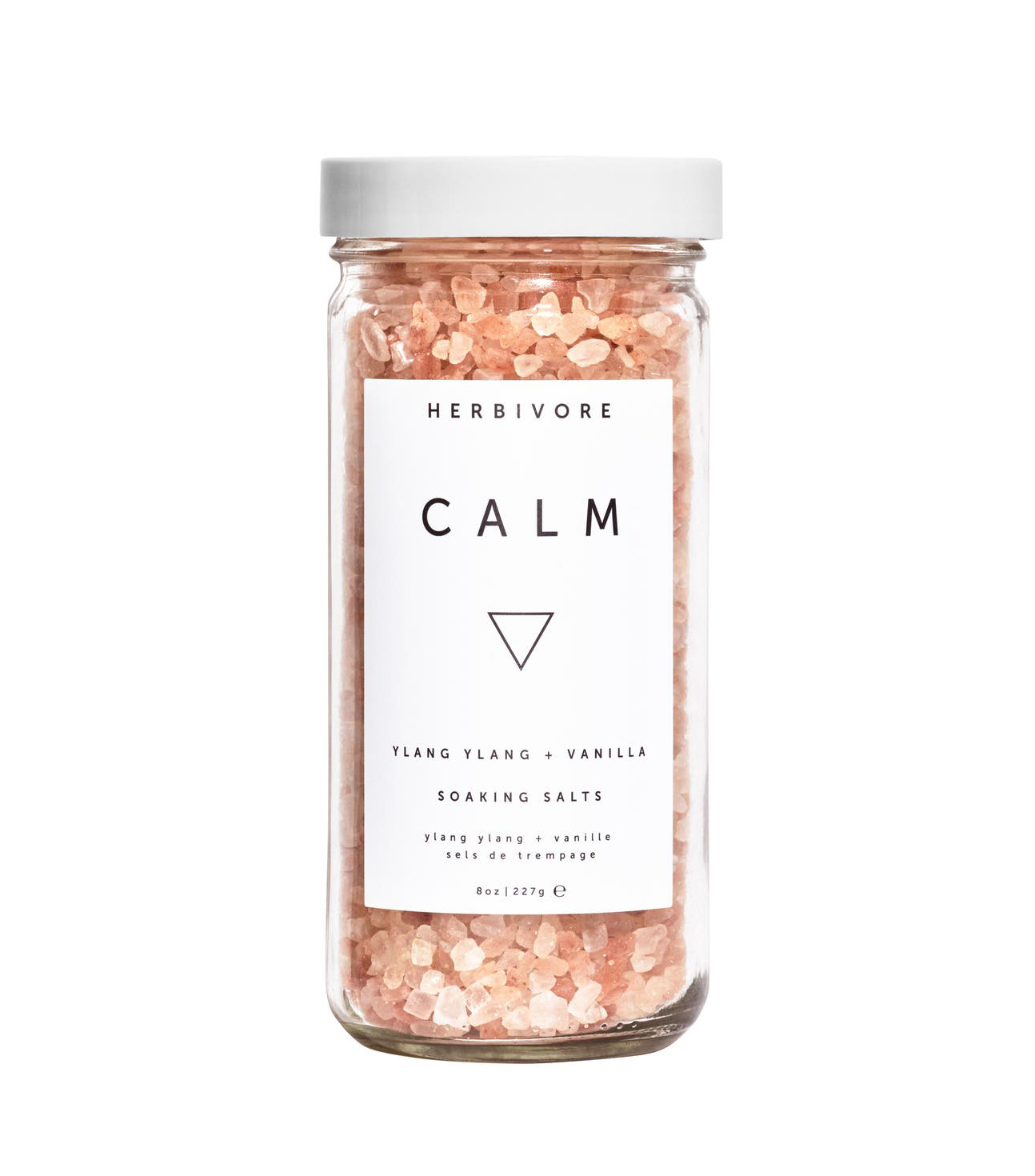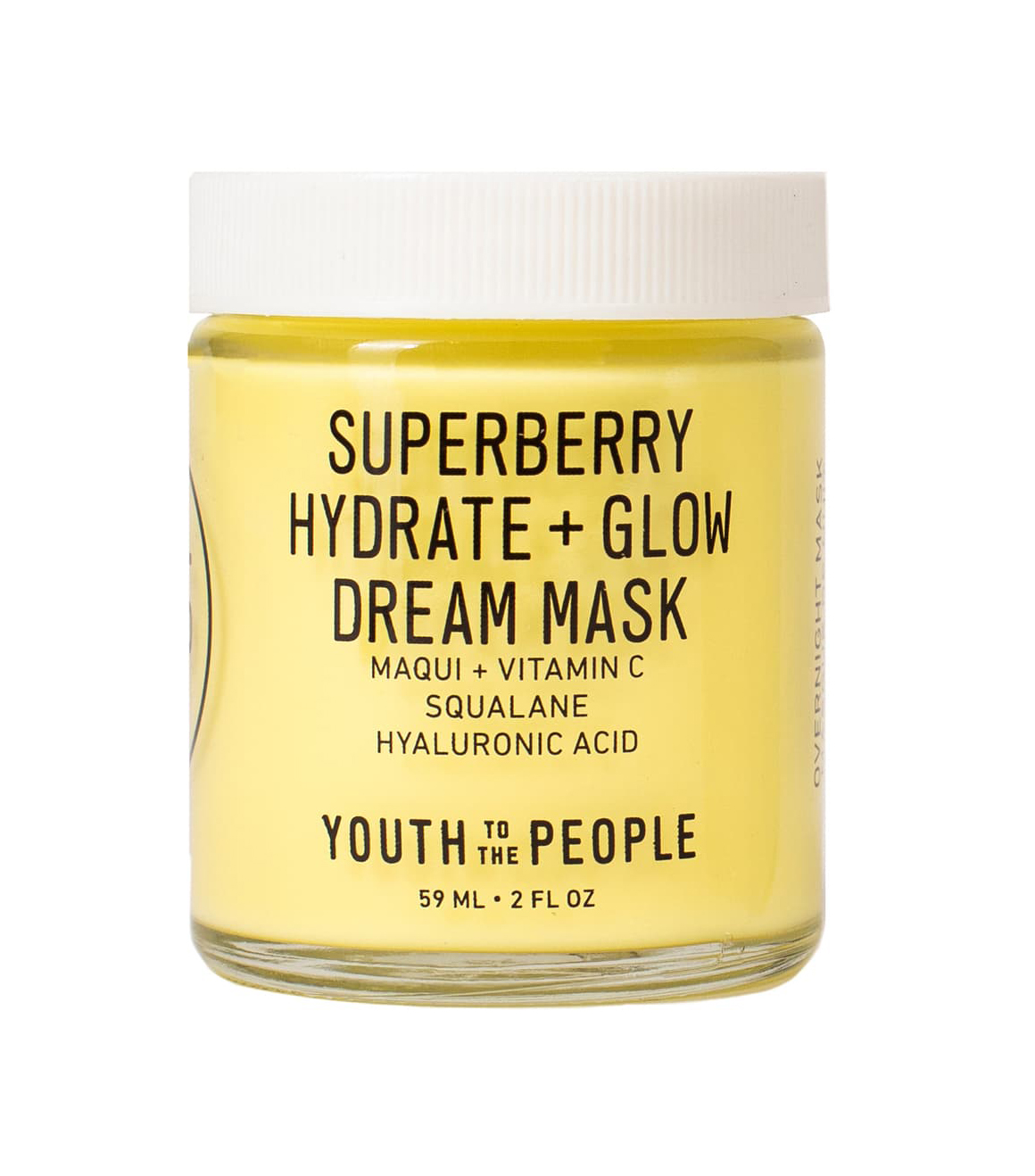How to Detox From Social Media Without Quitting Cold Turkey
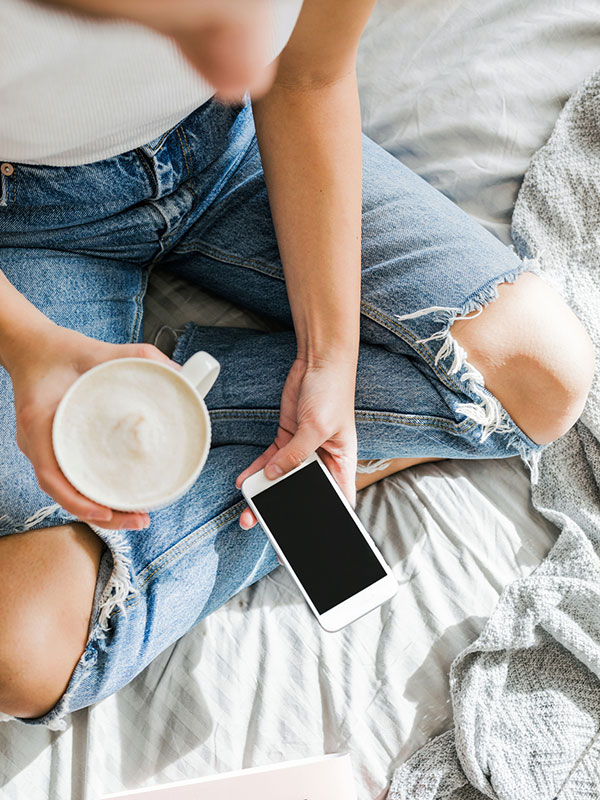
It’s 9 p.m. on a Friday night, and I'm psyched because I have no plans. "Me" time starts now. My Diptyque candle is lit. Cozy cashmere sweats are on, and I'm curled up under my furry throw blanket. I cue up Netflix.
By 9:45 p.m., I realize I haven't made it past the first 10 minutes of a show. I've been sucked into the social media vortex. It started out innocently enough: I just wanted to check Instagram while the credits were rolling. I saw that a work buddy went on a dreamy vacation to Rome. Oh, her friend was there, too? Let me pop over to that feed next. What an adorable baby. And this wedding hashtag is ah-mazing! Before I know it, I am deep in friends', acquaintances', and even strangers' lives. I've spent 45 minutes watching other people rather than the show I've been looking forward to seeing all week.
Social media is undoubtedly addictive. In fact, experts have compared phones to slot machines. "It's a popular addiction right now, one of the still socially acceptable ones," says Laurie Gerber, an expert life coach of the Handel Group. "We've only been in the Information Age for how many years? Our brains are not adjusted to the amount of interesting input that's possible to take in. You could spend all day on social media and not really get bored. And the smarter the programs get at giving you what they think you want, the harder it will ever be to stop."
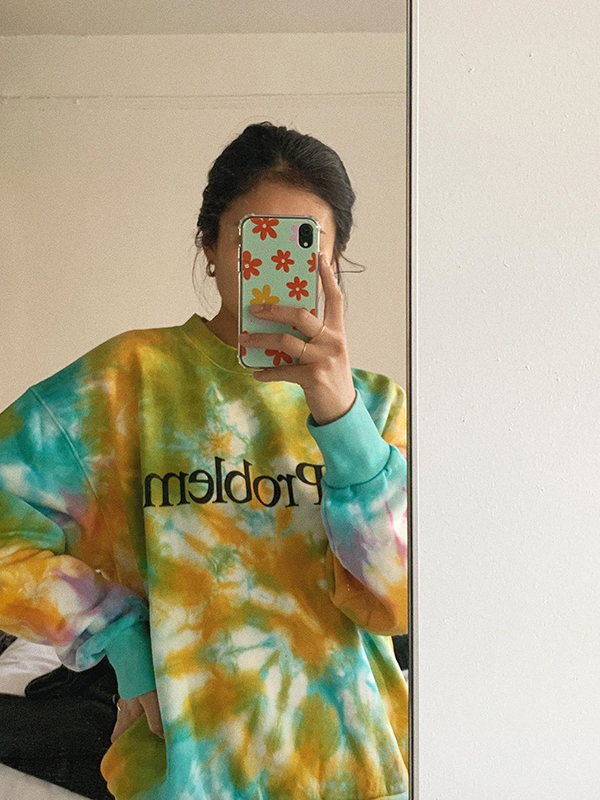
By now, many writers have shared the head-clearing results of deleting Facebook, Instagram, Twitter, Snapchat, and the like from their lives. I'm sure it feels amazing to be living IRL all of the time. But what if you don't want to quit cold turkey?
While social media can make me feel crappy at times, especially when I can't get through a TV episode without opening it or envy someone else's flawlessly curated life, it's also entertaining and plain-old fun. I enjoy sharing my travel experiences and getting recommendations from other jet-setters. It's informative to learn which beauty products and spa treatments those with glowing skin use. And who doesn't want to know (and shop!) every piece of clothing Aimee Song has on?

If you fall into the camp of people who want to reform their social media habits without deleting the whole damn thing, I'm here to let you know it's possible. I've spent the past two months reforming my digital sharing usage and found methods that actually work.
Here, I'm sharing my chat with some experts and also my own personal journey toward learning how to detox from social media without leaving the virtual world. But first, put down your phone. I need your full attention…
Track Your Habits
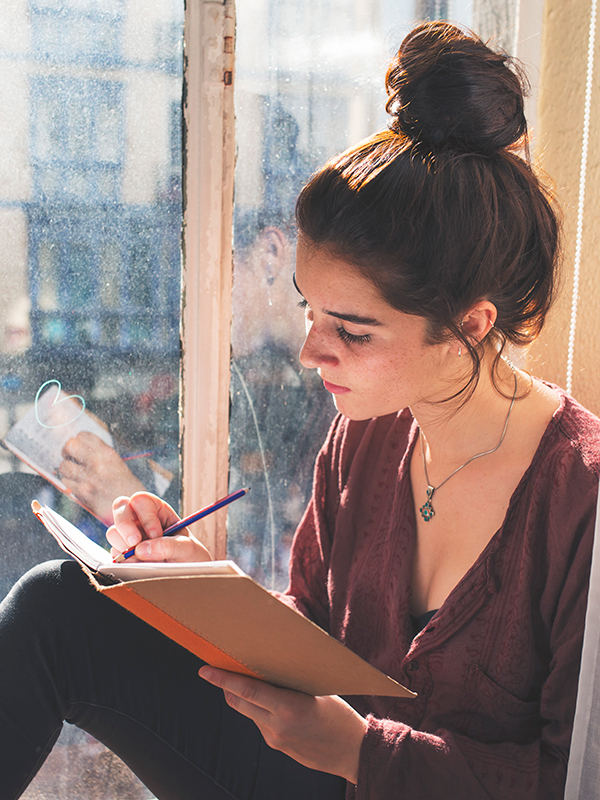
In order to fix a problem, you have to admit you have one. Step one of your social media detox is checking in with yourself and being honest about what's not working for you right now.
"The problem is people don't really understand the consequences of their choices," says Gerber. "People really don't understand how good they'd feel if they didn’t drink the night before or stay up late on social media—until they try cold turkey. So I would give everybody the job of, at least, going cold turkey for one week."
Try tracking your social media habits for one week, as is. Use it as much or little as you normally would. Then, quit for one week and note how you feel while being detached from it. "Do an experiment with nothing just to see what it brings up, to feel the addiction, to see what the triggers are, to see what you replace it with," she explains. "Everybody can go a certain amount of time with none."
Whether you track your observations in a thought log, use a traditional journal, or do it on a note-taking app, make sure you're putting your thoughts on paper. That way, you can study them later and notice how you felt both logged in and out. If being offline conjured up positive feelings, channel that when you return to social media as motivation for powering off at times.
Create Boundaries

I have two rules I follow every day: I am not allowed to open any social media apps until I've woken up, had a cup of coffee, and filled out my daily Panda Planner (a hybrid of a to-do list and a gratitude journal); in the evenings, I am not allowed on social after 10 p.m. Creating these boundaries for myself has helped me to be wildly successful with limiting my social media habits. Before making these rules, I often missed gym classes in the morning watching Instagram Stories and was kept up at night after being stimulated from my blue-lit screen.
Once you have studied your social media habits, create boundaries that make sense for you. "You can either design the time you do it or the time you don't do it—it just depends on your issue," Gerber explains. "You could go, 'I'm allowed to go on Instagram but not Snapchat.' Some people might go, 'I only do it on weekends.' Whatever. It's so individual—you have to nail your own actual issues."
Change the Way You View Social Media

Since I have to "earn" my social media time, as Gerber describes, I see it as a privilege more than an entitlement. This makes me appreciate my time on the sites more. I can relish in responding to messages on Instagram, uploading videos I've saved for Instagram Stories, or reading the comments in my favorite Facebook groups.
"Use it as a reward that you earn by doing the other things that make you proud," Gerber explains. "If you cast it that way, use it that way, and are disciplined, not only will you enjoy the reward more, but you will also enjoy that you are fulfilling your more heartfelt dreams by doing what you wish you'd do before giving yourself the reward."
Invest in a Timer
Another tool to invest in is a timer to alert you when you've gone over your allotted time.
Lindsay Tulchin, Ph.D., a clinical psychologist with a degree in cognitive behavioral therapy (CBT), advises setting aside a certain amount of time every day for social media and literally timing it.
"Don't do anything other than social media during those times," she says. "Get it all out there. Get bored of it. Then, any other time you have the urge to go on social media, say to yourself, 'This can wait until my next session.' That way you don't feel as if you are depleting yourself of the time on the apps, but you are more purposeful about when you are doing it."
Use Other Apps to Limit Your Time

Many phones now offer screen-time reports so you can see just how long you spend on your phone and which apps you use the most. Other apps to try include Flipd (which locks you out of your phone for a certain amount of time) and Offtime (which blocks you from distracting apps).
Have a Designated Detox Day
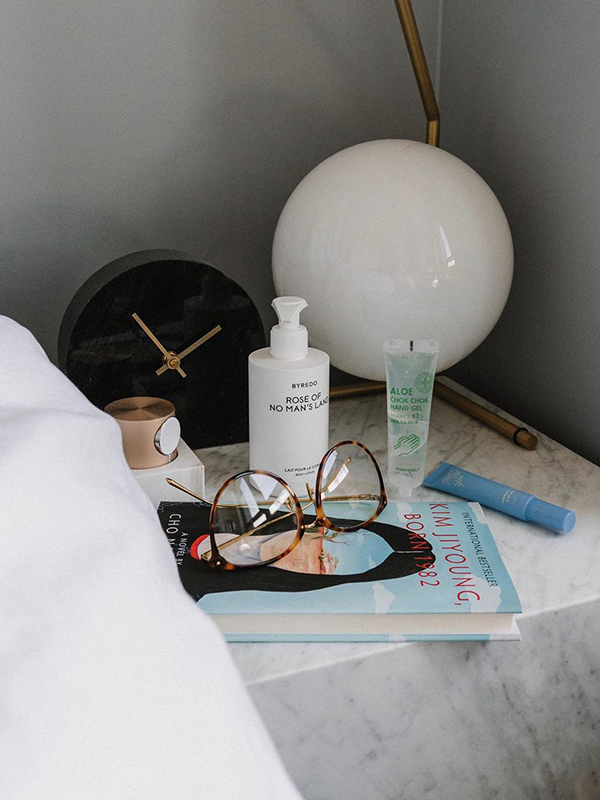
Deleting Instagram on Sundays has been hugely head-clearing for me. I don't do it every week, but I know it's a plan I can return to when I'm feeling virtually oversaturated. Plus, it makes Mondays more exciting since I can read up on how my social community spent the tail end of their weekends.
"If you add another step between your thumb and Instagram (i.e., going to the app store to re-download), you have more time to ask yourself, 'Is this really what I want to be doing right now, or is this just a habit when I'm bored?'" offers Tulchin, who is a fan of one-day breaks. "Most people end up mindlessly scrolling because the act of clicking the app is a learned habitual behavior, meaning it's not always totally conscious! If you set up your environment to make scrolling a conscious decision, you set yourself up to be more successful in detoxing."
Put Your Phone Away

Hitha Palepu, the author of How to Pack and the creator of her own lifestyle site that often features time-saving strategies, swears by keeping her phone in another room when she is spending time with her son or doing anything else that needs her full attention. I've recently adopted this method and found it much easier to finish tasks (like writing this story!), eat dinner with my husband, or, yes, watch TV.
"It's hard to fathom being more than an arm's length away from your phone, but it can actually be super liberating!" says Tulchin. "Designate a couple of hours either at night or on a weekend to put your phone as far away from you as physically possible. Turn it on 'Do Not Disturb' mode and turn your full attention toward something else. Whether it's watching a show, talking with a friend/partner (in person), reading, taking a bath, or doing a face mask, you will be amazed by how much more fulfilling these activities will feel without having the distraction of your phone nearby."
Be Picky About Who You Follow
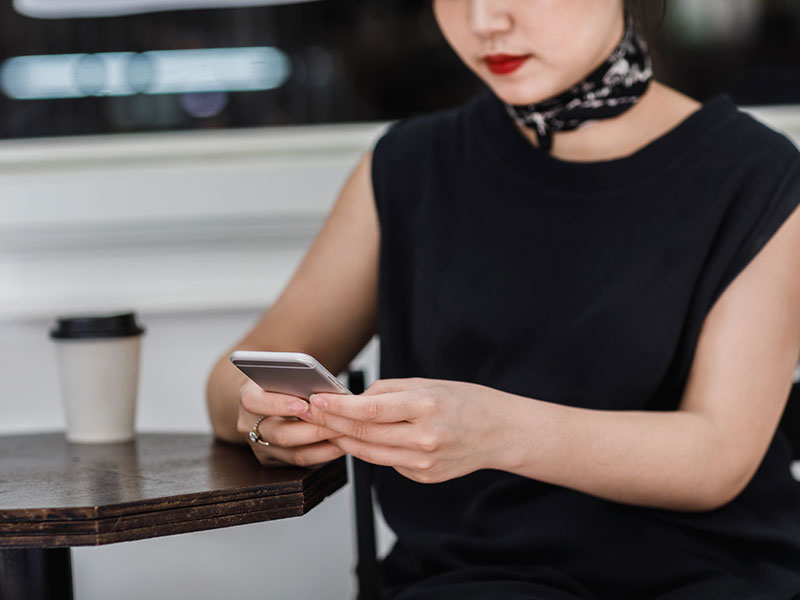
If you're going to limit your time on social, then make sure you’re actually enjoying what you consume. "My across-the-board rule for my clients is do not consume any media that doesn't make you feel good. Period," notes Gerber. "But you have to be present enough and honest enough that you know how you feel and you tell the truth about how you feel to yourself."
One way I have monitored this is to unfollow more people on social media. Has that caused more people to unfollow me? Yes. But I am generally happier engaging with an edited audience on the apps than a mass one, so it's worth it. Facebook and Instagram also both have "snooze" functions, which offer the ability to mute profiles without unfriending or unfollowing them (and potentially offending someone).
"If you end up skipping someone's Stories because you are uninterested in what they are posting, unfollow!" instructs Tulchin. "Only follow people who you truly care about or provide you with real inspiration (e.g., fashion, exercise, food, work, etc.)." This advice seems obvious, but often we forget to filter our thousands of "friends" in addition to our photos.
Have a Consequence
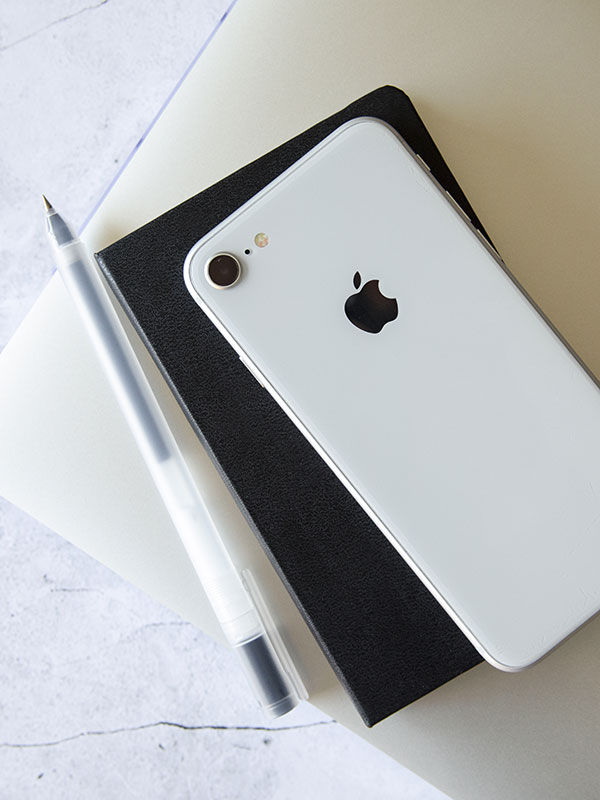
Let's say you go over your designated scrolling session, ignore your tracking app, or use it outside of your set time online. Make sure there is a repercussion for your actions.
Gerber offers ideas for your consequence: losing your coffee or social media (entirely) the next day, having to put your favorite pair of shoes out on the street (harsh), or wearing your hair in silly pigtails. "It should be something annoying but not punitive that will remind you to stick the new idea that you thought would be good for you," she explains.
She also recommends finding a buddy to hold you accountable. "You have to be accountable to someone," Gerber notes. "And it's more fun if you have a buddy or a group. Everybody wants to break a bad habit—everyone on the planet! So don't tell me there isn't a buddy for you." My husband is my buddy, and he will be quick to tell me when I'm zoning out scrolling.
Know That the Power to Power Down Is All Yours
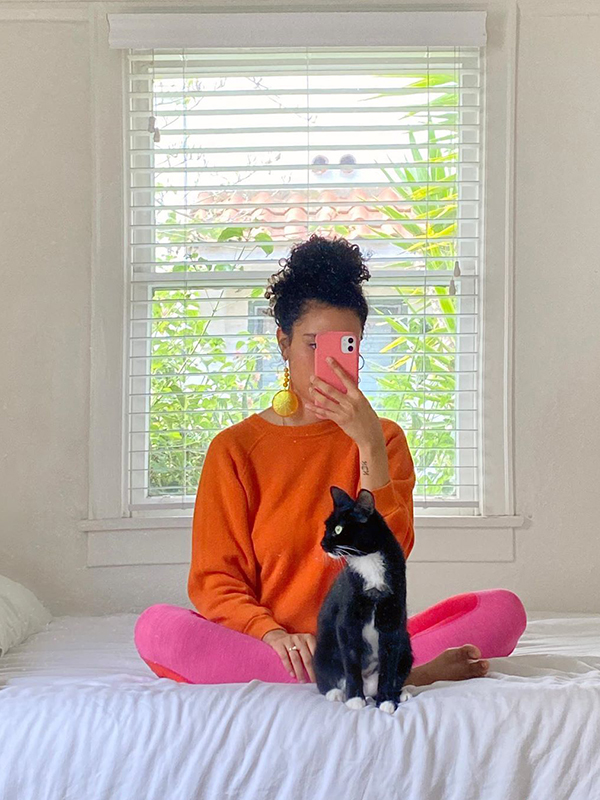
At the end of the day, it's up to you to ensure you're living your real life—instead of your virtual one. Taking control of your time on social media will empower you.
"You learn that you're a person who can make those choices," says Gerber. "You're teaching yourself that you have that type of authorship over your own hand. That is the best benefit of all—you're proving to yourself, moment by moment, about your own power."
Next: Your Guide to Being a Good Friend in the Age of Social Media
This article was originally published at an earlier date and has since been updated.
Disclaimer
This article is provided for informational purposes only and is not intended to be used in the place of advice of your physician or other medical professionals. You should always consult with your doctor or healthcare provider first with any health-related questions.
